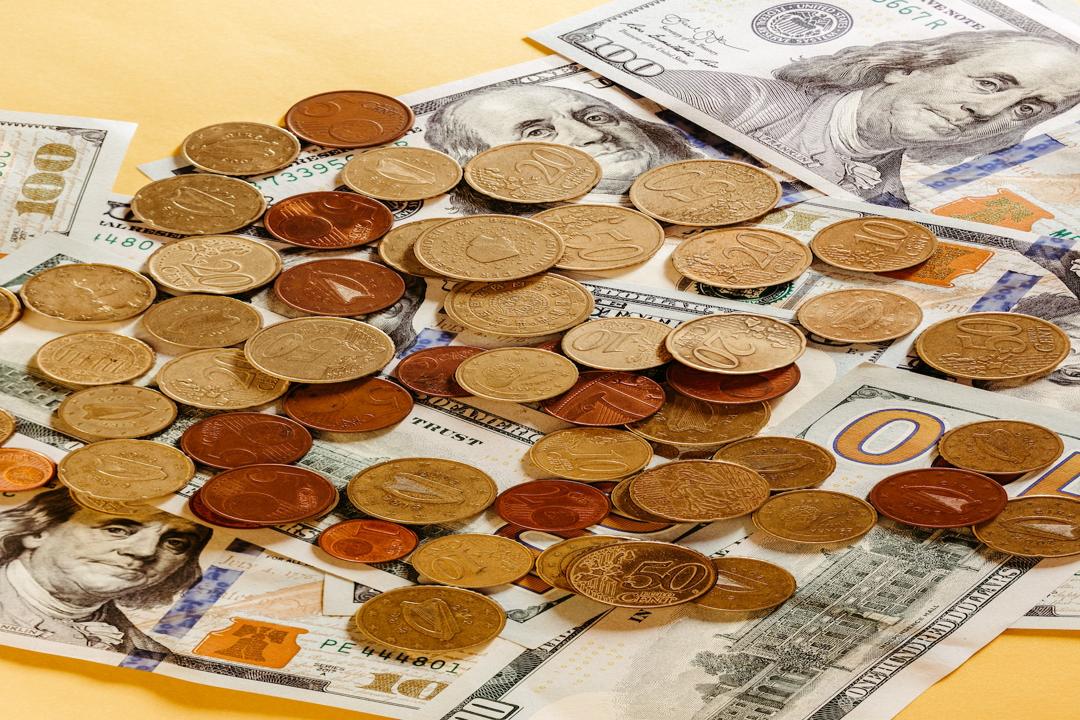The International Monetary Fund (IMF) is collaborating with El Salvador to address the financial risks associated with the acceptance of Bitcoin. The goal is to develop a reliable plan that stabilizes and grows the economy while managing the use of Bitcoin as legal tender. Following discussions led by Rafael Espinosa, the IMF’s recent updates highlight the importance of improving public finances, increasing bank reserves, and enhancing financial transparency. The organization emphasizes that El Salvador needs to optimize public spending on services and infrastructure to increase the fiscal balance as a percentage of GDP by 3.5% within three years.
Both parties acknowledge the potential risks of Bitcoin, including concerns regarding fiscal stability and transparency. They agree that additional measures are needed to address issues such as corruption and money laundering. Under the leadership of President Nayib Bukele, the government of El Salvador began using Bitcoin as legal tender in September 2021, despite earlier warnings from the IMF. The country remains committed to its Bitcoin strategy and continues to buy Bitcoin daily through a “dollar-cost averaging” approach, currently holding approximately 334 Bitcoins valued at around $20 million.



